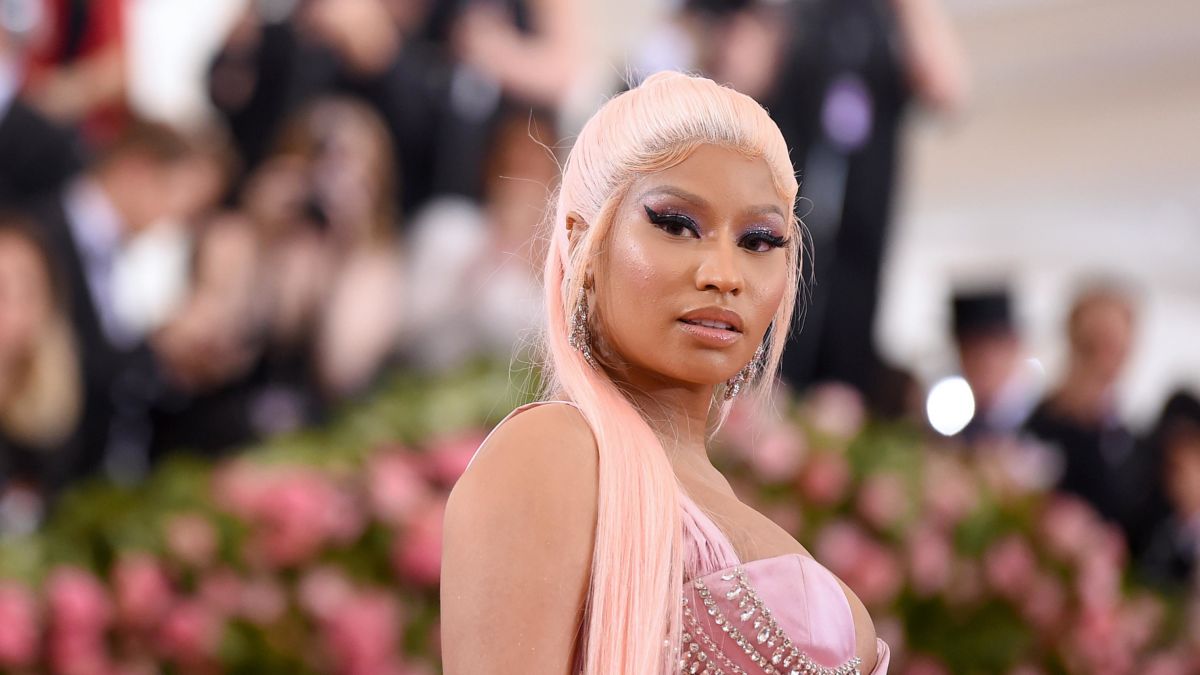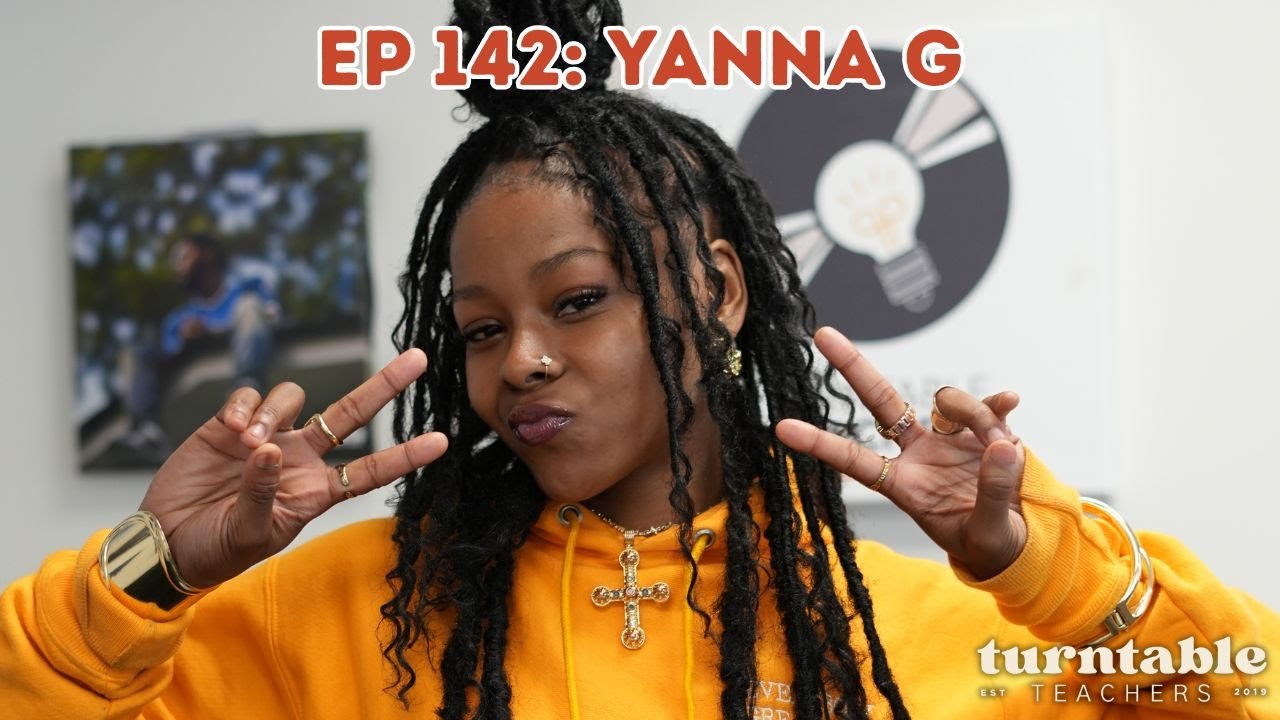Billboard recently published a ranking of the best female rappers of all time, with Nicki Minaj taking the top spot. The list, which includes 25 artists, features influential figures in hip-hop such as Missy Elliott, Lauryn Hill, Lil Kim, and Queen Latifah. To determine the rankings, Billboard considered factors such as the body of work and achievements, including charted singles and albums, certifications, cultural impact, longevity, lyrical ability, and flow.
Nicki Minaj’s position as number one sparked a significant amount of discussion on social media. Fans voiced a variety of opinions, with some expressing that artists like Foxy Brown deserved to be ranked higher due to their contributions to the genre and unique lyrical style. Foxy Brown’s influence on hip-hop, especially in the context of her delivery and style, was highlighted by several fans who felt she had not received enough recognition in discussions about influential female rappers. Others argued that artists like Glo and Latto should have been ranked higher than Megan Thee Stallion, suggesting that their work in the industry was more impactful.
At the same time, many fans supported Nicki Minaj’s number-one ranking, acknowledging her years of success and influence. There was also mention of how Minaj had yet to receive a Grammy, despite her commercial achievements and long-standing presence in the rap and music scenes. Fans emphasized how Minaj’s career and impact on both hip-hop and pop music were central to her being placed at the top of the list.
Billboard’s explanation for ranking Minaj number one focused on her contributions to rap since her debut. Minaj is recognized for her 2010 verse on Kanye West’s song “Monster,” which marked a turning point in her career, as well as her debut album Pink Friday. Over the years, Minaj has created a range of personas, such as Harajuku Barbie, Roman Zolanski, and Chun-Li, each contributing to her recognition as a versatile artist within the genre. Billboard emphasized how Minaj’s ability to evolve and maintain a strong presence in the rap world made her a significant figure in the history of female hip-hop.
In addition to Nicki Minaj, the list also honored other key figures in hip-hop history, such as Missy Elliott, Lauryn Hill, and Lil Kim. These artists have shaped the direction of hip-hop and influenced many generations of rappers. Queen Latifah’s inclusion in the top five further reflects the diverse range of styles and contributions that have shaped female rap.
Other artists who made the list include Megan Thee Stallion, Doja Cat, and Doechii, representing the newer generation of female rappers. Their inclusion in the ranking highlights how the genre continues to evolve, with each generation of artists contributing to its growth and transformation. The ongoing debate around this list reflects the complexity of determining who should be recognized as the greatest in a genre that continues to change and develop over time.














